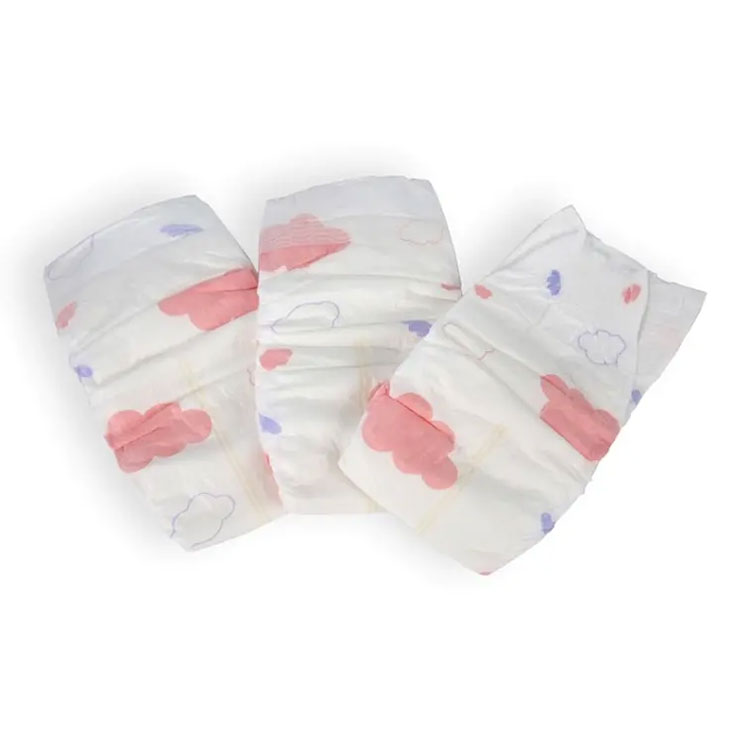Bridging the Gap: Using Organic Infant Diapers Safely with Cloth Diapering Systems
2024-03-06
In the realm of eco-friendly parenting, cloth diapering has long been championed as a sustainable alternative to disposable diapers. However, many parents are discovering the benefits of organic infant diapers and wondering if they can be seamlessly integrated into cloth diapering systems. In this blog, we'll explore the compatibility of organic infant diapers with cloth diapering systems, providing insights into how parents can combine the best of both worlds for a greener and gentler diapering experience.
Understanding Organic Infant Diapers:
Organic infant diapers are crafted from natural and eco-friendly materials, such as organic cotton, bamboo fibers, and sustainably sourced wood pulp. These diapers offer a hypoallergenic and chemical-free option for parents seeking gentle care for their babies' delicate skin, while also prioritizing environmental sustainability.
Cloth Diapering Systems:
Cloth diapering involves using reusable cloth diapers instead of disposable ones. Cloth diapers come in various styles, including prefolds, flats, fitted diapers, and pocket diapers, each with its own benefits and considerations. Cloth diapering systems typically include reusable diaper covers or shells and absorbent inserts or liners that can be washed and reused multiple times.
Using Organic Diapers with Cloth Diapering Systems:
While organic infant diapers are technically disposable, they can still be safely used with cloth diapering systems in certain scenarios. Here are a few ways to incorporate organic diapers into your cloth diapering routine:
1. Backup or Travel Diapers:
- Organic infant diapers can serve as convenient backup or travel diapers for occasions when cloth diapering may not be feasible or practical. Keeping a stash of organic diapers on hand for emergencies or outings ensures you always have a eco-friendly option available when needed.
2. Overnight or Heavy Wetting:
- Some parents find that organic diapers provide better overnight or heavy wetting protection compared to cloth diapers alone. By layering organic diapers over cloth diapers or inserts, you can boost absorbency and minimize leaks, especially during long stretches of sleep or extended wear.
3. Daycare or Caregiver Preferences:
- If your childcare provider or caregiver prefers using disposable diapers, organic infant diapers offer a convenient solution that aligns with their preferences while still providing the benefits of natural and eco-friendly materials. Using organic diapers during daycare or caregiver hours allows for consistency and flexibility in diapering practices.
4. Transitioning Period:
- Organic infant diapers can also be used during transitional periods, such as during potty training or when transitioning between cloth diaper sizes. This allows for a smooth transition while still maintaining a commitment to eco-friendly diapering practices.
5. Composting or Disposal:
- After use, organic diapers can be composted or disposed of according to local waste management guidelines, minimizing their environmental impact and promoting sustainability. While not a traditional cloth diapering practice, composting organic diapers offers a green disposal option for eco-conscious families.
Conclusion:
In conclusion, organic infant diapers can be safely used with cloth diapering systems in certain situations, providing parents with flexibility and convenience while still prioritizing eco-friendly diapering practices. Whether as backup diapers, overnight protection, daycare options, transitional aids, or composting solutions, organic diapers offer a versatile and sustainable alternative for families seeking the best of both worlds in diapering. By integrating organic diapers into cloth diapering routines, parents can provide gentle care for their babies and promote a healthier planet for future generations.



